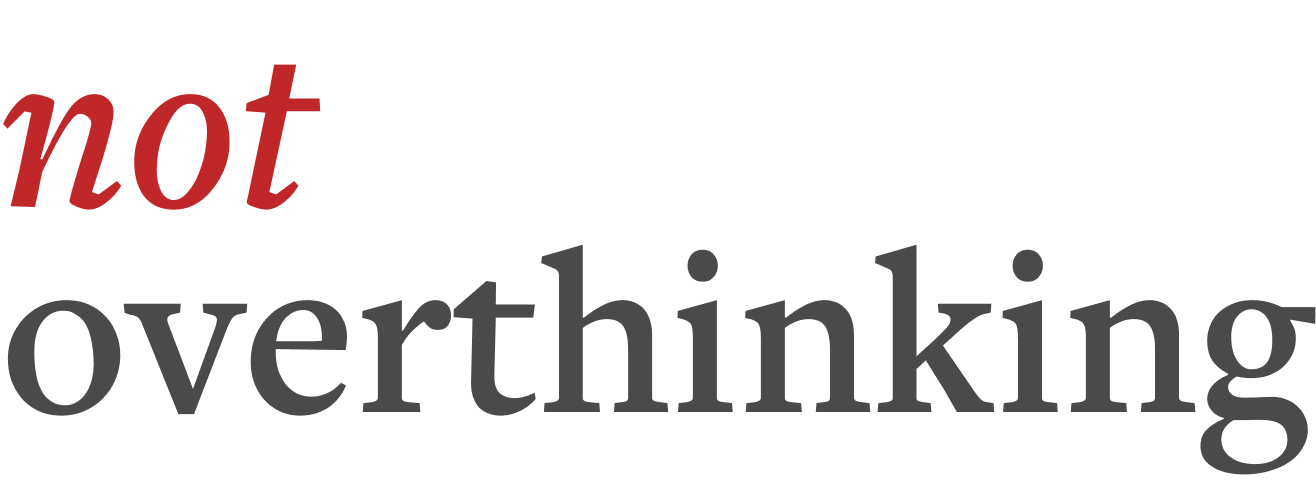Will a new iPhone make us happier?

Some of the highlights from our discussion:
Technology can be viewed as a means to an end or as an end in itself and the way in which we view it can vary with age. When we’re young we view technology predominantly as an end in itself, whereas when we’re older we start to view tech as a means to an end – in other words, we are concerned more by whether the object is effective at doing the job that you bought it for.
Ali’s 3 Cs Mental Model of upgrading technology consists of: consumption – web browsing, Netflix, music – creation – video editing, taking photos – connection – social media, Skype. If a piece of tech can measurably improve any of these three things, then it might be worth upgrading. However, many people who are upgrading from an iPhone 10 to an iPhone 11 for instance aren’t thinking about how it’s going to make a measurable difference in terms of consumption, creation and connection – they’re thinking more along the lines of status seeking and signalling.
We should invest in items that take us from 0 to 1 rather than 1 to 1.1. It’s more important to make step changes with purchases rather than incremental ones. For instance, upgrading your iPhone is going to provide incremental improvements, but probably not a step change. If we are optimising for happiness and meaning, we should be more cognisant of what else we could do instead with the same money – for instance, you could buy a Kindle and 100 books which would improve your life, or a digital camera. These objects would provide greater long-term benefits and take you from zero to one in a category which will almost always be more valuable than making an incremental change in any existing category.
It’s the removal of negatives that makes us happier rather than the addition of positives. There is also a 3 question strategy to evaluating whether you should buy a new piece of technology – would it make you happier, does it remove any serious negatives from your life, does it allow you to do or make something that you would otherwise have been unable to do. This structure can be applied to any new purchase too in combination with Ali’s more innovative 3 Cs model.
When it comes to consumerism, many people act subconsciously. By applying these models or considering whether objects provide real value rather than an incremental change to our lives, we can become more conscious of our decisions and make more sensible choices as a result. In this way, we can become more intentional about the way we are living.
Image credit: https://thewordpoint.com/
Become a Not Overthinker
We've got a fun little members-only community where we have a private Slack channel, and host weekly (ish) Zoom hangouts. Click here if you fancy joining.
Leave us a Review
If you enjoy listening to the podcast, we'd love for you to leave us a review on iTunes / Apple Podcasts. Here's a link that works even if you're not on an iPhone :)
Send us an Audio Message
We really want to include more listener comments and questions in our episodes. If you've got any thoughts on this episode, or if you've got a conundrum or question you'd like us to discuss, send an audio file / voice note to [email protected].
- For any non-audio comments, please comment on our YouTube channel.
- Alternatively, feel free to drop us a tweet or DM on Twitter - https://twitter.com/noverthinking.



